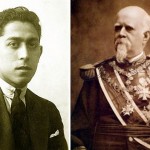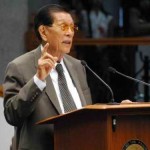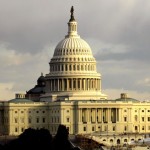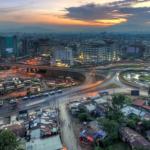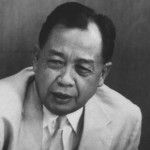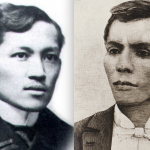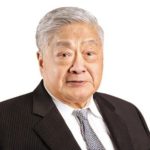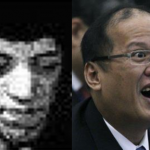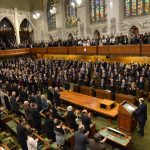Chapter III – The Commission on Elections
Article 156. There shall be a Commission on Elections composed of a Chairman and four Members who shall be citizens of the Philippines and, at the time of their appointment, at least thirty-five years of age, holders of a college degree, must not have been members of a political party or coalition for a period of not less than six months, and must not have been candidates for any elective position in the immediately preceding elections. However, a majority of the Members, including the Chairman, shall be members of the Philippine Bar who have been engaged in the practice of law for at least ten years.
The Chairman and the Members shall be appointed by the President of the Republic upon the binding advice of the President of the Council of Government and with the consent of the Commission on Appointments for a term of seven years without reappointment. Of those first appointed, three Members shall hold office for seven years and two Members for five years, without reappointment. Appointment to any vacancy shall be only for the unexpired term of the predecessor. In no case shall any Member be appointed or designated in a temporary or acting capacity.
Article 157. The Commission on Elections shall exercise the following powers and functions:
- Enforce and administer all laws and regulations relative to the conduct of an election, plebiscite, initiative, referendum, and recall except all contests relating to the elections, returns, and qualifications of all elective regional, provincial, and city officials which shall be within the original jurisdiction of the regional trial courts. Those involving elective barangay officials shall be within the original jurisdiction of the city or municipal trial courts.
- Decide, except those involving the right to vote, all questions affecting elections, including determination of the number and location of polling places, appointment of election officials and inspectors, and registration of voters.
- Deputize, with the concurrence of the President of the Council of Government, law enforcement agencies and instrumentalities of the Government, including the Armed Forces of the Philippines, for the exclusive purpose of ensuring free, orderly, honest, peaceful, and credible elections.
- Accredit, after sufficient publication, political parties, organizations, or coalitions which, in addition to other requirements, must present their platform or program of government and assume party responsibilities and accountability in governance; and accredit citizens’ arms of the Commission on Elections. Religious denominations and sects shall not be registered. Those which seek to achieve their goals through violence or unlawful means, or refuse to uphold and adhere to this Constitution, or which are supported by any foreign government shall likewise be refused registration.
- File, upon a verified complaint, or on its own initiative, petitions in court for inclusion or exclusion of voters, investigate, and, where appropriate, prosecute cases of violations of election laws, including acts or omissions constituting election frauds, offenses, and malpractices.
- Recommend to the National Assembly effective measures to minimize election spending, including limitation of places where propaganda materials shall be posted, and to prevent and penalize all forms of election frauds, offenses, malpractices, and nuisance candidacies.
- Recommend to the President of the Council of Government the removal of any officer or employee it has deputized, or the imposition of any other disciplinary action, for violation or disregard of, or disobedience to its directive, order, or decision.
- Submit to the President of the Republic, the President of the Council of Government and the National Assembly a comprehensive report on the conduct of each election, plebiscite, initiative, referendum, or recall.
Article 158. The Commission on Elections shall promulgate its rules of procedure in order to expedite disposition of election cases, within its administrative jurisdiction.
Article 159. The Commission may, during the election period, supervise or regulate the enjoyment or utilization of all franchises or permits for the operation of transportation and other public utilities, media of communication or information, all grants, special privileges, or concessions granted by the Government or any of its subdivision, agency, or instrumentality, including any government-owned or -controlled corporation or its subsidiary. Such supervision or regulation shall aim to ensure equal opportunity and equal rates for public information campaigns and forums among candidates in connection with the objective of holding free, orderly, honest, peaceful, and credible elections.
Article 160. No pardon, amnesty, parole, or suspension of sentence for violation of election laws, rules, and regulations shall be granted without the favorable recommendation of the Commission.
Article 161. Unless otherwise fixed by the Commission in special cases, the election period shall commence ninety days before the day of election and shall end thirty days after.
Article 162. Bona fide candidates for any public office shall be free from any form of harassment and discrimination.
Article 163. Funds certified by the Commission as necessary to defray the expenses for holding ordinary and extraordinary elections, plebiscites, initiatives, referenda, and recalls, shall be provided in the ordinary or extraordinary appropriations and, once approved, shall be released automatically upon certification by the Chairman of the Commission.
Article 164. The National Assembly, upon the recommendation of the Commission on Elections, shall by law:
- Promote the development of a party system in which various interests and sectors in society, except the religious sector, shall be represented, including women, labor, the poor, peasants, indigenous peoples, persons with disability and the youth;
- Encourage the development of two major political parties to ensure that a majority can assume responsibility and accountability in governance; and
- Provide financial assistance to the political parties on the basis of their share of the votes cast for the political parties in the previous election.
Article 165. Political parties shall be accredited by the Commission on Elections, which shall ensure that the political party has duly adopted its program and platform of government before every election. Furthermore:
- Every accredited political party shall submit to the Commission on Elections not later than forty-five days before election a list of not less than ten party-list candidates, at least half of whom are participating in legislative district elections, from which Party-list Representatives shall be chosen in case it obtains the required number of votes;
- Every accredited political party shall observe fair, honest, and democratic processes in nominating, selecting, and ranking their party-list candidates in the said list;
- Every accredited political party shall ensure the integrity, loyalty, and discipline of their members; and
- Every accredited political party shall publicly account for the sources and use of their funds and for their assets.
Article 166. The two dominant political parties shall be represented in the voters’ registration boards, boards of election inspectors, boards of canvassers, and similar bodies. Other political parties shall be entitled to appoint poll watchers in accordance with law.
Article 167. Any elective official who leaves his political party before the end of the term shall forfeit his seat.


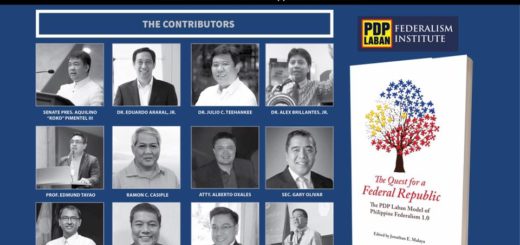
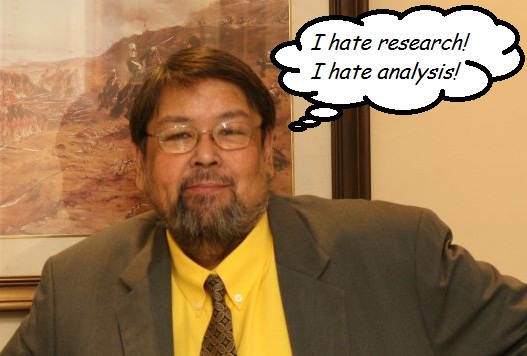
 I believe: This is a CoRRECT™ Video with a very positive message
I believe: This is a CoRRECT™ Video with a very positive message Walang Natira: Gloc-9's MTV Rap about the OFW Phenomenon
Walang Natira: Gloc-9's MTV Rap about the OFW Phenomenon
